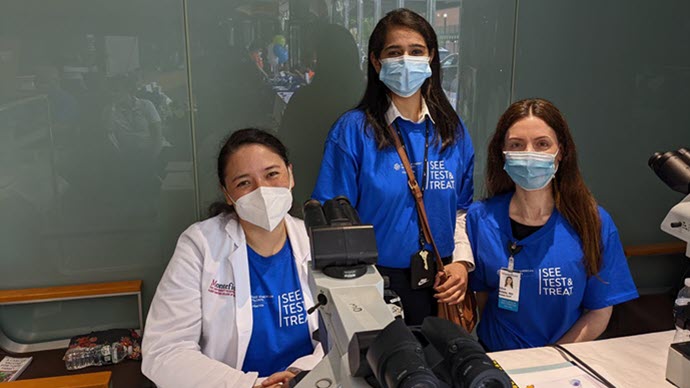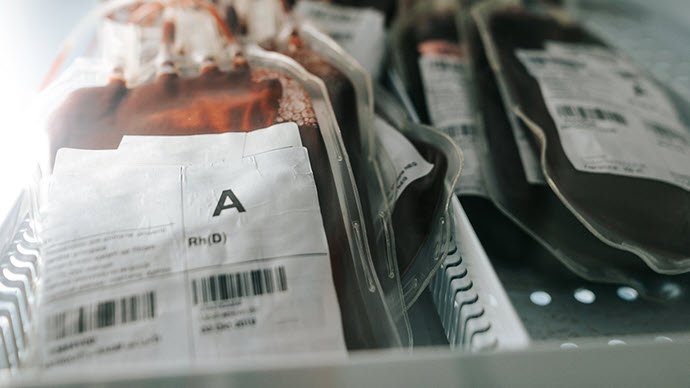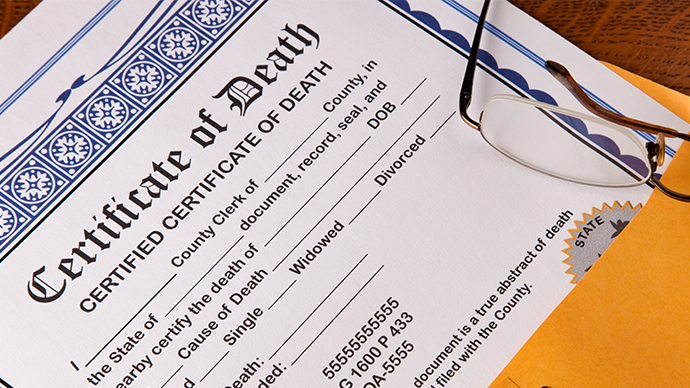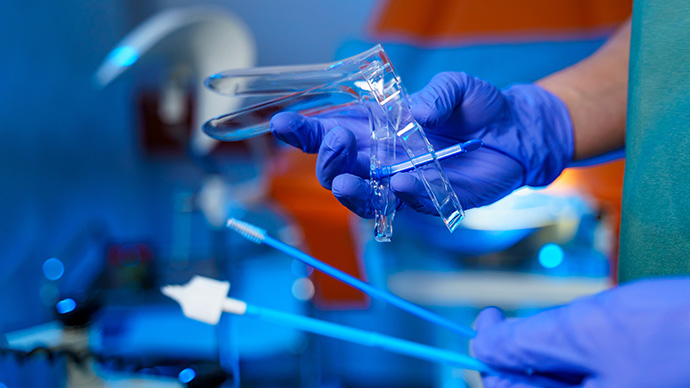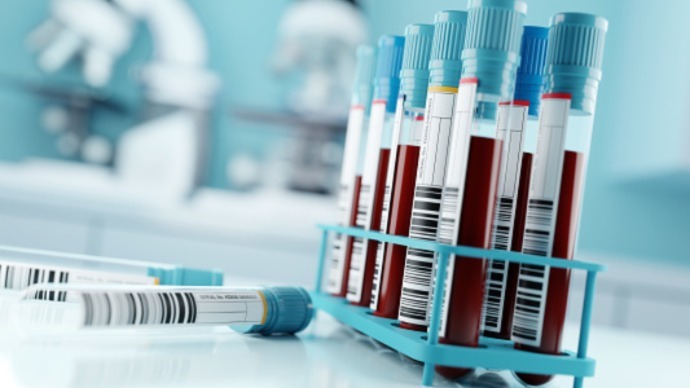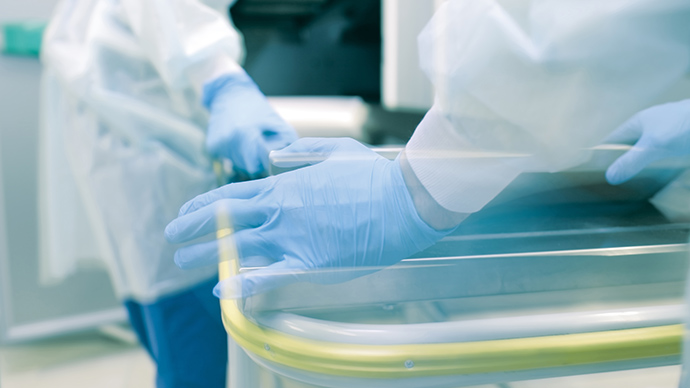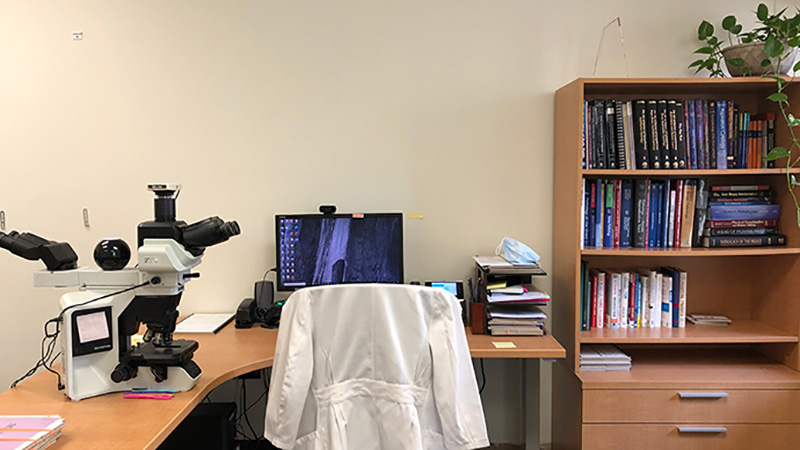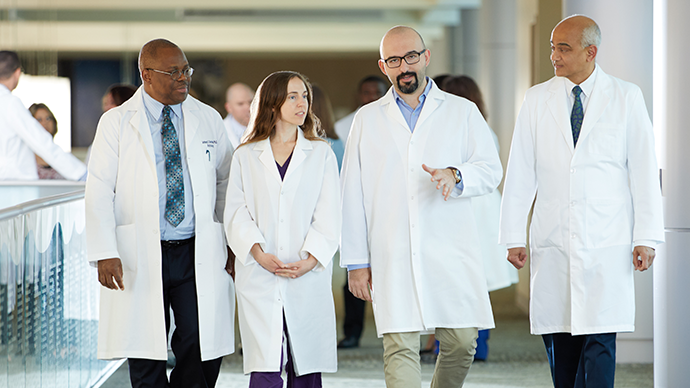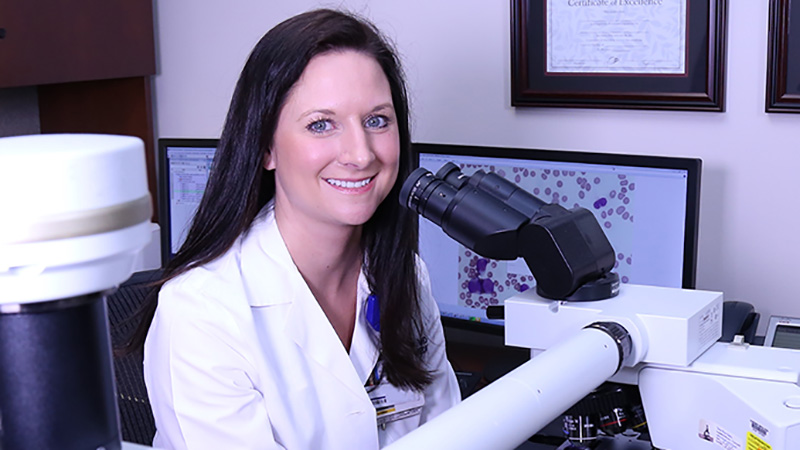Pathology and You
Behind every patient and their doctor, you will find pathologists who are specially trained physicians providing important information to keep you healthy.

Knowing your blood type is important health information nearly a third of Americans can’t identify about themselves. Find out the best way to determine yours.
When a loved one passes away, one of the most important documents a family will need is the death certificate. Understanding death certificates can save time and undue stress when the time comes.
When you have your blood drawn for testing, pathologists are the physicians that oversee the testing process to ensure quality and accuracy of the results.
When someone you love dies, you may be faced with an overwhelming list of pressing choices to make and things to do. This article provides some basic facts about autopsies to help you make an informed decision.
Sarah Bean, MD, FCAP, a pathologist at Duke University Medical Center, explains how she came to be a pathologist and takes us through her typical workday.
Testing Your Blood
When you give and receive blood, you can be sure that the blood supply is safe. Take a journey behind the scenes in the blood bank to meet the pathologists who examine blood samples and guarantee the accuracy and quality we all depend on.
Your Doctor and Pathologists: A Patient Care Team
Pathologists are the physicians unlocking the scientific mysteries of your body at the cellular level, helping your doctor provide you with the best care.
Timothy C. Allen, MD, JD, FCAP, director of surgical pathology, University of Texas Medical Branch, discusses his role as a pathologist and personalized tumor boards in patient care.
Pathologists use their expertise to support every aspect of health care, from making diagnoses to guiding doctors on the best way to treat common diseases.
